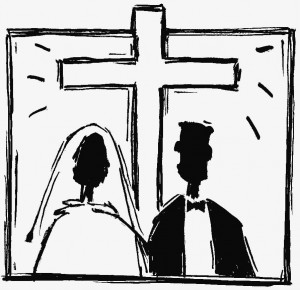Question: If you believe Jesus went to America because he died for them just as much as Peter or Mary, as you said in another post, why did he not visit every place on Earth?
One of the “why not?” reasons Mormons often give in support of our unique belief that Jesus visited the American continent after his resurrection is that Jesus loves everyone, and died for everyone, so it’s not unreasonable to think He might choose to visit other groups of his children. But, as you point out, if Jesus’ loving people were a sufficient reason for Jesus to personally visit them, then He would have visited every person on earth in every place. So the question is: why did Jesus choose the Nephites of the Book of Mormon, and did he choose to visit anywhere else?
The Book of Mormon has the answers, given by Jesus himself in the book of 3 Nephi, chapter 15. We learn that Jesus visited the Nephites because they were a branch of the House of Israel, led away from Palestine by God, and his visitation was part of a fulfillment of his covenant with the House of Israel. He also explains that the “gentiles” (those who are not of the House of Israel), will receive the gospel through the preaching of his apostles rather than through a personal apperanace. We also learn that there were other groups of the House of Israel scattered throughout the world, and in chapter 16, Jesus explains that he will visit them too:
1 And verily, verily, I say unto you that I have other sheep, which are not of this land, neither of the land of Jerusalem, neither in any parts of that land round about whither I have been to minister.
3 But I have received a commandment of the Father that I shall go unto them, and that they shall hear my voice, and shall be numbered among my sheep, that there may be one fold and one shepherd; therefore I go to show myself unto them.
The obvious next question is: if the Bible is from Palestine, and the Book of Mormon is from America, are there records of Jesus’ other personal appearances? The answer is: we don’t know. If so, God has not revealed them. One thing that makes Mormonism very unique among religions is that our canon is not closed– we expect that God is not done talking to his children.


